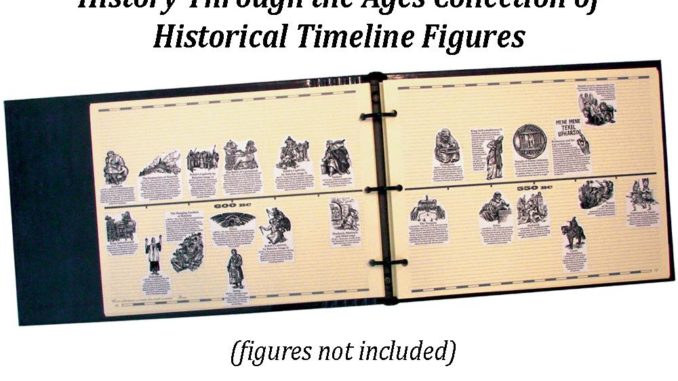
Last summer I found out that my husband's grandmother did not have any kind of life history recorded. She does not have any journals and pictures are scarce. She is the last living grandparent on either side and the thought of my children not knowing her or even being able to learn about her through pictures and memoirs is devastating. I was determined to make some kind of record of her life history but found myself in front of a very daunting task.
I learned that making a record of someone's life does not have to be as overwhelming as a novel-long biography or a cinema-worthy video- but that even a simple photo or handwritten story can be a treasure for years to come.
Recording a life history can be simplified.
First, decide on the structure you would like to use. For example, would you prefer a video, picture book, timeline in journal entries or biographical articles. Consider your resources, skills and time available for this project. Find the one that is the most practical and achievable in the time allotted for this project.
The next step and the most challenging will be gathering as much information as possible. Much of this information will be obtained by simply asking the right questions. Prepare your questions before the interview so that you can organize the stories into a chronological timeline. It was helpful for me to talk to her children before the interview. They remembered events that their mother had long since forgotten. Here are some thoughts to consider while planning your interview questions:
~ Were there any significant dates in history during their life? How were they affected?
~ Other than big historical events, the trivial things can be fun as well if they remember them- for example the price of bread or how they received the news.
~ Are there other people you would like to interview to get a different perspective of this person and their life? Children? Friends?
~ Try to include stories instead of just facts. Stories can reveal someone's character in a way that questions and answers cannot.
~ Legacy questions- keep in mind that what you write is how future generations will remember this person. What kind of legacy would they like to leave? What are some life lessons they learned that they would like to pass along? Financial? Family-oriented, etc.
During the actual interview, remember to have fun and enjoy getting to know the person. Be genuinely interested instead of simply filling in your answers. Try to be flexible with your questions and let the conversation flow naturally so they feel comfortable sharing details of experiences with you and reminiscing.
Lastly, put your final project together. Whenever possible ask for the person's opinion on the structure or layout before the project is completed. Respect that, although you are doing much of the work, this is their history and they may have a preference on how it is presented. They may have not given this much thought, but it is polite to ask.
When the life history project is completed, keep it in a place where you can pull it out often to remember them when they are gone and if possible make copies for other family members or friends to treasure as well. Be sure to keep a digital copy if possible for backup. This is one project you will never regret having completed and with a simplified approach it need not be overwhelming.
Proudly WWW.PONIREVO.COM
by Emily Perkes



